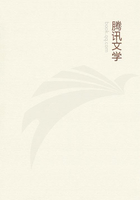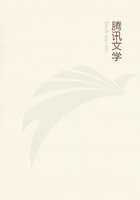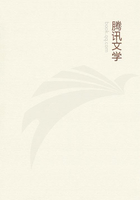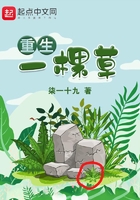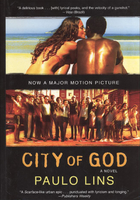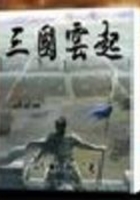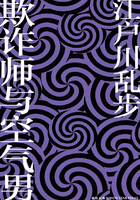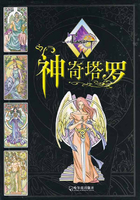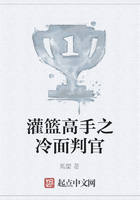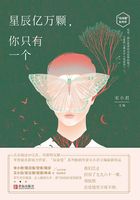801. Pity 't were, etc. Scott says here: "Hardihood was in every respect so essential to the character of a Highlander, that the reproach of effeminacy was the most bitter which could be thrown upon him. Yet it was sometimes hazarded on what we might presume to think slight grounds. It is reported of old Sir Ewen Cameron of Lochiel, when upwards of seventy, that he was surprised by night on a hunting or military expedition. He wrapped him in his plaid, and lay contentedly down upon the snow, with which the ground happened to be covered. Among his attendants, who were preparing to take their rest in the same manner, he observed that one of his grandsons, for his better accommodation, had rolled a large snow-ball, and placed it below his head. The wrath of the ancient chief was awakened by a symptom of what he conceived to be degenerate luxury. 'Out upon thee,' said he, kicking the frozen bolster from the head which it supported, 'art thou so effeminate as to need a pillow?' The officer of engineers, whose curious Letters from the Highlands have been more than once quoted, tells a similar story of Macdonald of Keppoch, and subjoins the following remarks: 'This and many other stories are romantick; but there is one thing, that at first thought might seem very romantick, of which I have been credibly assured, that when the Highlanders are constrained to lie among the hills, in cold dry weather, they sometimes soak the plaid in some river or burn (i.e. brook), and then holding up a corner of it a little above their heads, they turn themselves round and round, till they are enveloped by the whole mantle.
They then lay themselves down on the heath, upon the leeward side of some hill, where the wet and the warmth of their bodies make a steam, like that of a boiling kettle. The wet, they say, keeps them warm by thickening the stuff, and keeping the wind from penetrating. I must confess I should have been apt to question this fact, had I not frequently seen them wet from morning to night, and, even at the beginning of the rain, not so much as stir a few yards to shelter, but continue in it without necessity, till they were, as we say, wet through and through.
And that is soon effected by the looseness and spunginess of the plaiding; but the bonnet is frequently taken off, and wrung like a dishclout, and then put on again. They have been accustomed from their infancy to be often wet, and to take the water like spaniels, and this is become a second nature, and can scarcely be called a hardship to them, insomuch that I used to say, they seemed to be of the duck kind, and to love water as well. Though I never saw this preparation for sleep in windy weather, yet, setting out early in a morning from one of the huts, I have seen the marks of their lodging, where the ground has been free from rime or snow, which remained all round the spot where they had lain' (Letters from Scotland, Lond. 1754, 8vo, ii. p. 108)."809. His henchman. Scott quotes again the Letters from Scotland (ii. 159): "This officer is a sort of secretary, and is to be ready, upon all occasions, to venture his life in defence of his master; and at drinking-bouts he stands behind his seat, at his haunch, from whence his title is derived, and watches the conversation, to see if any one offends his patron. An English officer being in company with a certain chieftain, and several other Highland gentlemen, near Killichumen, had an argument with the great man; and both being well warmed with usky [whisky], at last the dispute grew very hot. A youth who was henchman, not understanding one word of English, imagined his chief was insulted, and thereupon drew his pistol from his side, and snapped it at the officer's head; but the pistol missed fire, otherwise it is more than probable he might have suffered death from the hand of that little vermin. But it is very disagreeable to an Englishman over a bottle with the Highlanders, to see every one of them have his gilly, that is, his servant, standing behind him all the while, let what will be the subject of conversation."829. On the morn. Modifying should circle, not the nearer verb had sworn.
831. The Fiery Cross. See on iii. 18 below.
846. Point. Point out, appoint. Cf. Shakespeare, Sonn. 14. 6:
"Nor can I fortune to brief minutes tell, Pointing to each his thunder, rain, and wind."The word in this and similar passages is generally printed "'point" by modern editors, but it is not a contraction of appoint.
860. Then plunged, etc. The MS. has "He spoke, and plunged into the tide."862. Steered him. See on i. 142 above.
865, 866. Darkening ... gave. In the 1st ed. these lines are joined to what precedes, as they evidently should be; in all the more recent eds. they are joined to what follows.
Canto Third.
3. Store. See on i. 548 above.
5. That be. in old English, besides the present tense am, etc., there was also this form be, from the Anglo-Saxon beon. The 2d person singular was beest. The 1st and 3d person plural be is often found in Shakespeare and the Bible.
10. Yet live there still, etc. See on ii. 692 above.
15. What time. Cf. ii. 307 above.
17. The gathering sound. The sound, or signal, for the gathering. The phrase illustrates the difference between the participle and the verbal noun (or whatever it may be called) in -ing. Cf. "a laboring man" and "a laboring day" (Julius Caesar, i. 1. 4); and see our ed. of J. C. p. 126.

